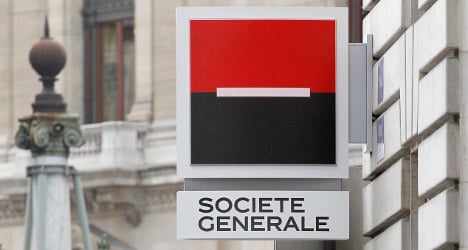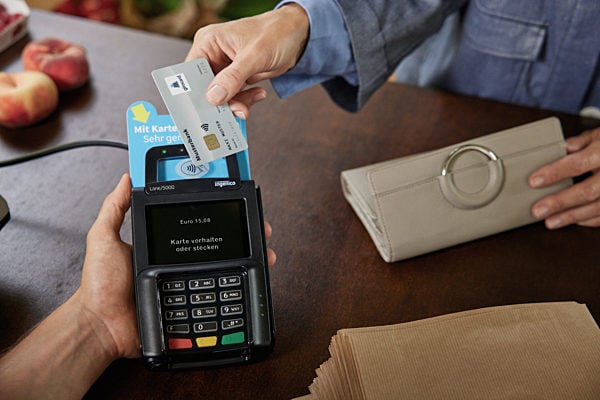The chief executive of Société Générale confirmed Thursday the French bank's commitment to the Russian market, where it owns a controlling stake in a top lender, and voiced confidence any Western sanctions against Moscow over Ukraine would be limited.
"My strategic vision is that in the long term the ties between Europe and Russia will become stronger," Frederic Oudea said on BFM Business.
Russia "is very important as a market and will remain a major element for development for Europe. We are making a bet on the long term and engagement in Russia is confirmed," he added.
Société Générale owns Rosbank, the nation's number two lender by number of branches, and has made Russia a key element of its international development.
He said the bank's exposure to the country should be kept in perspective, as it and the neighbouring area represents less than five percent of Société Générale's total liabilities.
The United States and Europe are making more noises about tougher sanctions on Russia if Moscow moves to annex Crimea.
Russian troops now de facto control the strategic Black Sea peninsula and will hold a hastily-arranged referendum this weekend on joining Russia.
However Oudea said "I think sanctions will be limited", estimating that Europe has as much to lose in case of reprisals by Moscow, citing the example of Germany's dependence on Russian natural gas.



 Please whitelist us to continue reading.
Please whitelist us to continue reading.
Member comments